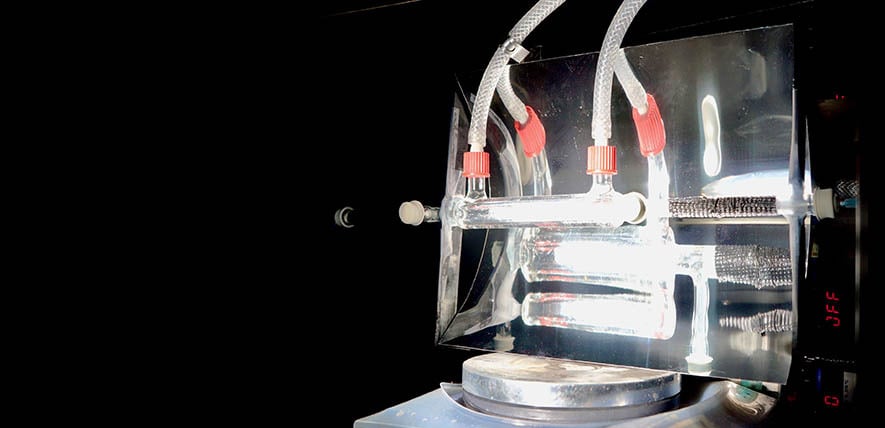Here is the link to the study.
The researchers, from the University of Cambridge, say their solar-powered reactor could be used to make fuel to power cars and planes, or the many chemicals and pharmaceuticals products we rely on. It could also be used to generate fuel in remote or off-grid locations.
Unlike most carbon capture technologies, the reactor developed by the Cambridge researchers does not require fossil-fuel-based power, or the transport and storage of carbon dioxide, but instead converts atmospheric CO2 into something useful using sunlight. The results are reported in the journal Nature Energy.
Carbon Capture and Storage (CCS) has been touted as a possible solution to the climate crisis, and has recently received £22bn in funding from the UK government. However, CCS is energy-intensive and there are concerns about the long-term safety of storing pressurised CO2 deep underground, although safety studies are currently being carried out.



A tree?
We did it. We made a robo tree 😄
No, tress die and when they rot they release the carbon. You cannot plant enough trees to stop climate change unless you wipe most of humanity off the planet at the same time. We must remove the carbon we introduced into the cycle when we started using fossil fuels.
This is why carbon sequestration is important to pursue.
You might be interested in taking a look at the following articles:
Reality check on technologies to remove carbon dioxide from the air | MIT, Nov 2024
Guide to Investigating Fossil Fuels: Greenwashing | Global Investigative Journalism Network, Feb 2025
im not saying we need to make it into fuel
biochar
You charcoal all trees and brush and put it back into the soil. Helps with water retention and promotes healthy soil. You can put it in cattle feed and reduce methane production. Plus, all that carbon is stable for hundreds of years. I have a small cone pit where I do small batches. My tomatoes and flowers seem to like it.
Well, you could always:
That way, the carbon in the tree is removed from the cycle and no longer re-emitted.
It’s been done before. And it’s not like trees quickly die and they don’t rot quickly either.
(For those not in the know, Kahn killed so many people, allowing farmlands to revert to forest, that the carbon sequestration lowered temperatures. https://news.mongabay.com/2011/01/how-genghis-khan-cooled-the-planet/)
pre-industrial examples aren’t going to be relevant just due to the concentration of carbon consumed continuously over that time.
Ya lost me. ?
Just killing a lot of people and letting the trees naturally return womt reverse it because we have put so much carbon into the cycle. Everyone burning fires is nothing compared to an industrialized nation